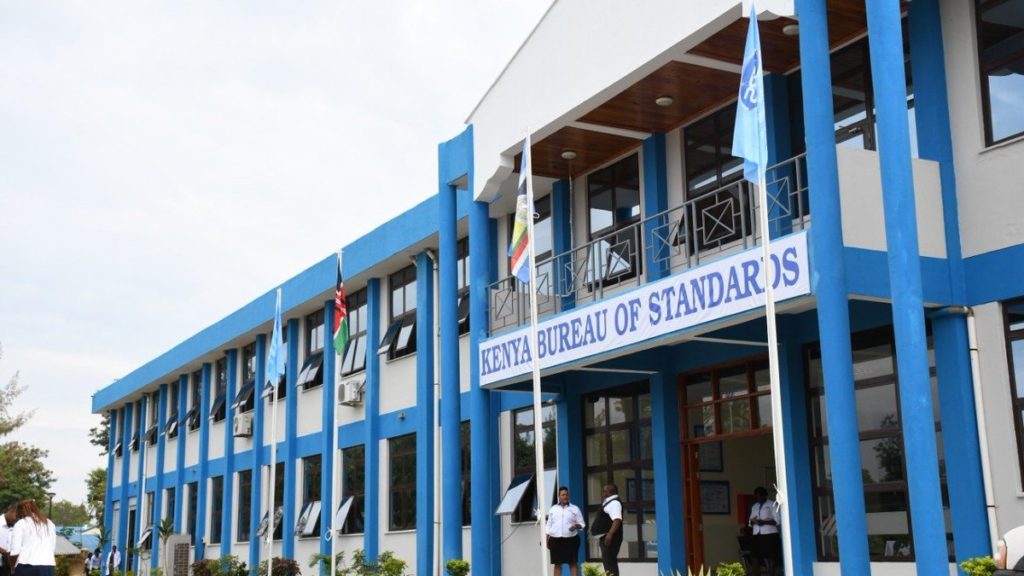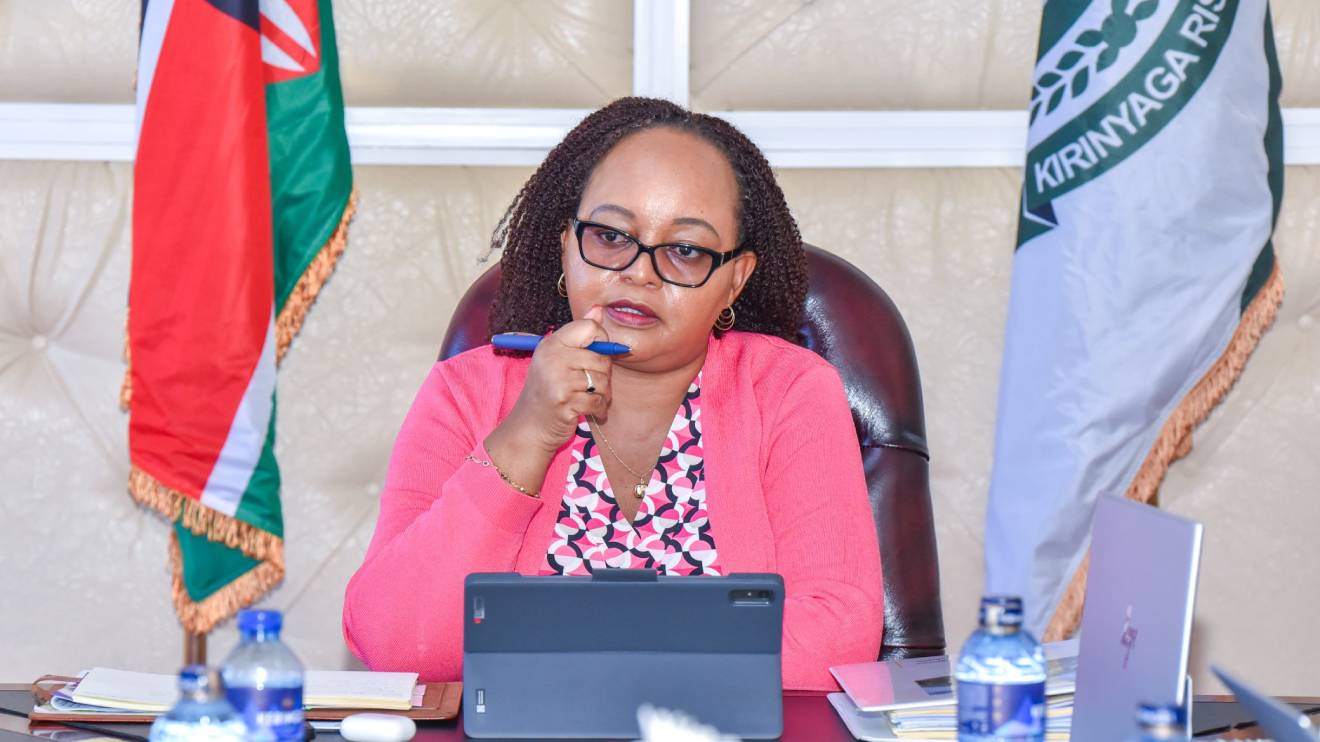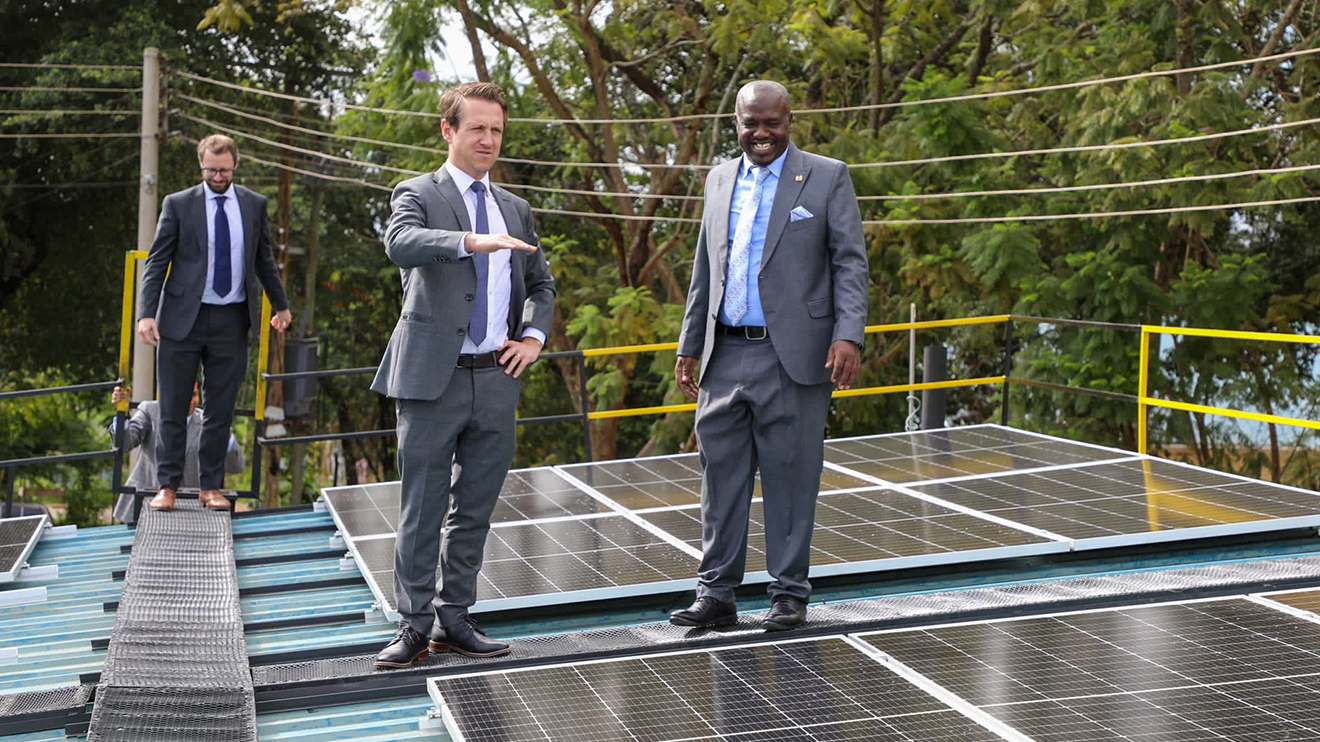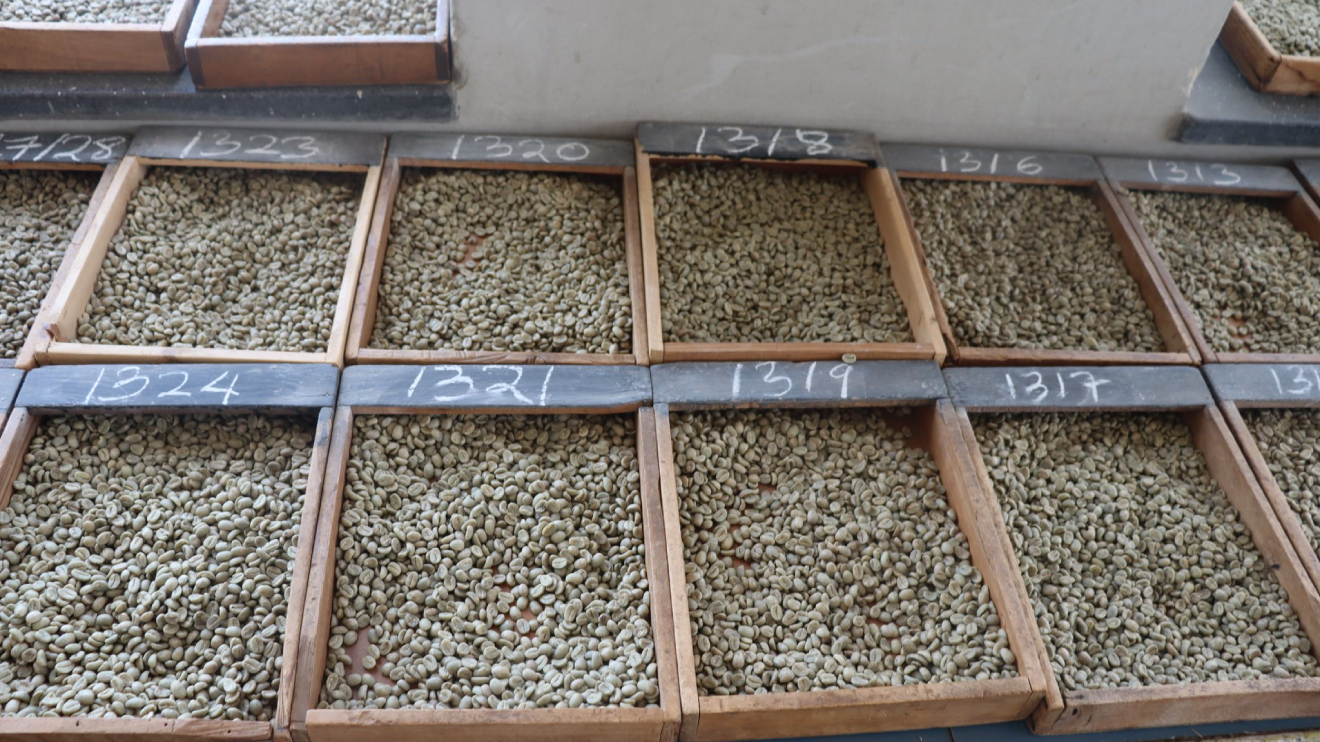In a recent revelation that has sent shockwaves through the Kenyan market, the Kenya Bureau of Standards (KEBS) has admitted to not conducting tests on goods sold domestically to ensure their quality.
The confirmation came during a session of the Public Accounts Committee (PAC) of the National Assembly, raising concerns about the integrity of products available on supermarket shelves and in various outlets.
During the PAC session, KEBS' acting Managing Director, Esther Ngari, disclosed that the organization relies on the trust of manufacturers to produce goods that meet quality standards.
This admission emerged as the committee inquired about the government's expenditure of Sh125.1 million on defective Liquid Petroleum Gas (LPG) cylinders.
Auditor-General Nancy Gathungu had flagged the procurement and supply of these faulty cylinders by three companies within the State Department for Petroleum in the 2020/21 financial year.
Read More
What caught the committee members off-guard was Ngari's acknowledgment that KEBS primarily inspects the manufacturing premises of companies that meet criteria outlined in the standards Act, subsequently awarding them a Diamond Mark of Quality.
This practice places heavy reliance on manufacturers' integrity, effectively banking on their adherence to standards rather than conducting rigorous testing.
"Kindly note that it is the responsibility of the person manufacturing a product covered by a Kenya Standard to comply with the requirement of the standards," clarified Ngari in response to the PAC members' queries on the release of over 78,000 defective gas cylinders to the public.
Usually, the Diamond Mark of Quality is granted by KEBS to manufacturers capable of meeting the set quality standards.
Ngari further emphasized that while the mark indicates an evaluated capacity to produce compliant goods, it does not shift the responsibility for ensuring the products' compliance to the government or regulatory authorities.
Alarmed by this revelation, members of the committee expressed intentions to amend the law to impose severe consequences, including life sentences, on KEBS officers who put the lives of citizens at risk.
Nominated MP John Mbadi, who chairs the PAC, sharply criticized KEBS, stating, "Just admit that KEBS is not doing its job and that it’s asleep on the job. We need to amend the law to provide punitive measures such as life imprisonment for KEBS officials exposing the lives of people."
The sentiment was echoed by Wajir South MP Mohamed Adow, who expressed disbelief over KEBS' practices.
"I am gobs marked. I have always grown to respect KEBS' mark of quality but little did I know they don’t test or inspect the goods coming into the country and even those sold locally," he remarked, highlighting the concern that all quality control is solely based on trust.
The controversy dates back to the 2017/18 Financial Year, when the State Department for Petroleum initiated the Mwananchi gas project, aiming to promote modern cooking fuels among low-income households.
The project involved supplying 6-kilogram LPG cylinders, grills, and burners.
The National Oil Corporation of Kenya was responsible for distributing these cylinders.
Recent documents presented to Parliament reveal that three companies—Surge Energy Limited, Allied East Africa Limited, and Accurate Power System Limited—imported and supplied these cylinders.
Shockingly, the majority of the cylinders were found to possess technical defects. Issues ranged from valve leakage and visible rust to missing zinc coating and proper manufacturer stamps.
Despite this disconcerting revelation, Ngari maintained that KEBS had no involvement in inspecting the cylinders and only became aware of their defects when summoned by the PAC.
This revelation is in spite of the fact that the Auditor-General had already flagged the matter in the State Department for Petroleum's audited accounts for the 2020/21 Financial Year.
Bernard Nguyo, KEBS’ head of Quality Assurance, explained that KEBS doesn't test shipments at the port of Mombasa if they bear the Diamond Mark of Quality.
He added that quality assurance staff are present at the point of origin and entry for shipped goods.
However, the inspection report contradicts this, indicating a lack of certificates issued for external inspection of the supplied cylinders.
KEBS clarified that certification requires manufacturers to be registered entities, pass KEBS' manufacturing premise inspection, and sign a certification contract outlining quality management measures.
The product must adhere to relevant Kenyan standards, with manufacturers obligated to implement measures specified in the certification contract over a two-year validity period.
As KEBS' quality control practices face scrutiny, the implications for consumer safety and trust in local markets are significant. The need for more robust regulations and enforcement mechanisms is now glaringly apparent.











